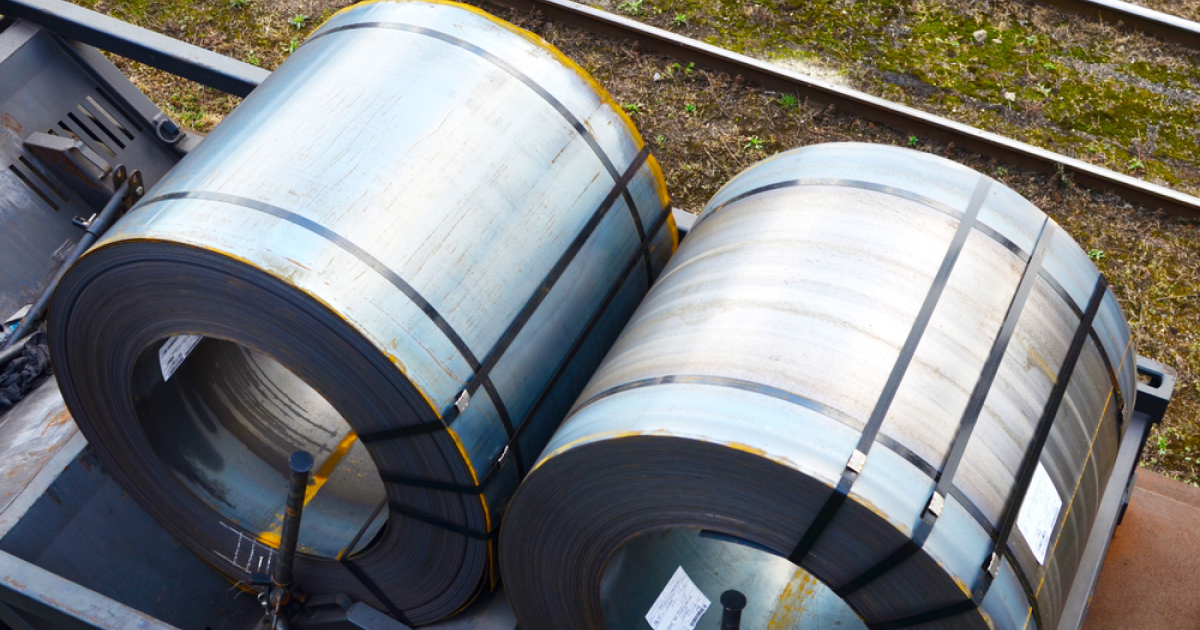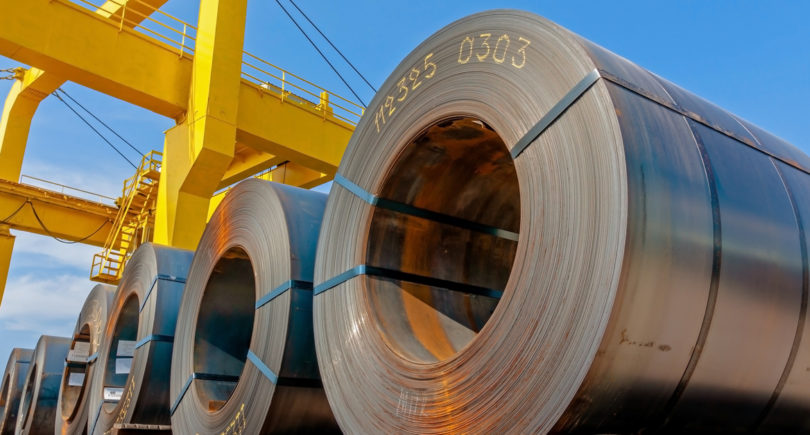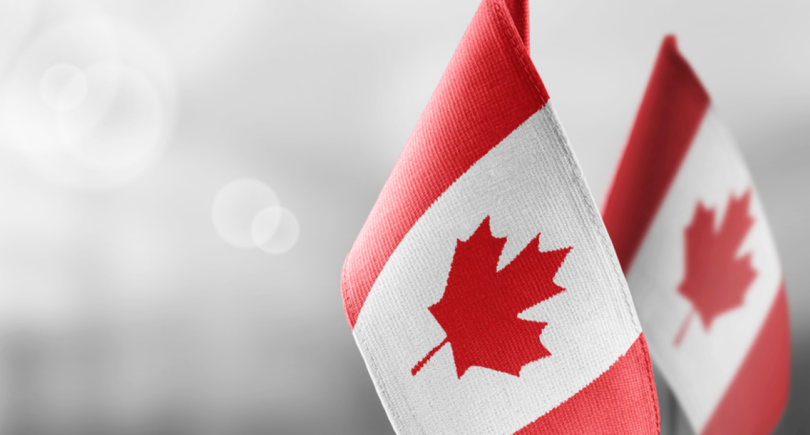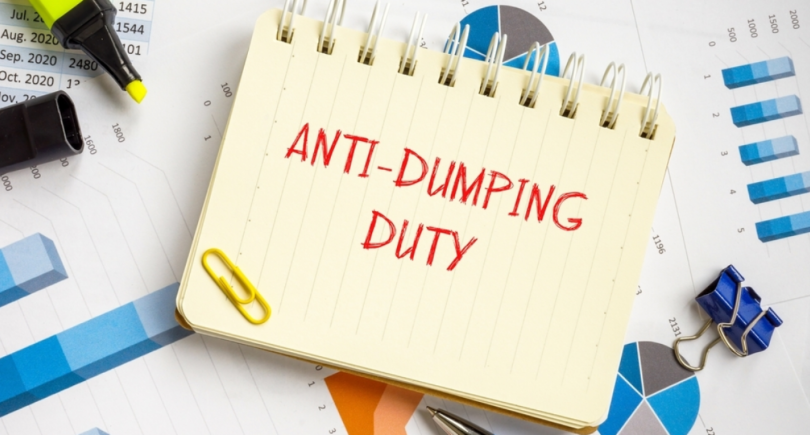
News Global Market EU 5041 31 May 2024
A 15 percent restriction on imports of hot-rolled coils and wire rod under the remaining quarterly quota is also introduced
The European Union has officially notified the World Trade Organization that safeguard measures on steel imports will be extended for another two years, until the end of June 2026.
The European Commission is also introducing a 15 percent restriction on imports of hot-rolled coils and wire rod within the quarterly quota in the “other countries” category for any individual country.
The pace of tariff liberalization (TRQ) will be reduced from the current 4% to 1% over the two years.
“The data show that the pace of liberalization in the past has largely outpaced the evolution of consumption. While TRQs have been increased by almost 25% since the introduction of the measures (including the 5% supplement applied since February 2019), consumption has decreased by -17% over the same period. Thus, these opposing trends have significantly widened the gap between the TRQ level and market demand,” the report said.
The proposed amendments to the safeguard measures are to enter into force on July 1, 2024.
According to the EU, the investigation confirmed that there had been noticeable changes in the structure of import flows to the bloc, and they affected the functioning of safeguard measures. This has led to a significant reduction in exports from traditional suppliers to the EU under residual quotas in some categories, while exports from new countries of origin have increased significantly in a short time under the same quotas.
The EC also found that the surge in imports from some new countries of origin was due to the growth of overcapacity in certain regions, as well as to the significant pressure caused by a significant increase in Chinese exports to certain markets.
As a result, the commission concluded that to ensure the effectiveness of the measure and preserve traditional trade flows, it is necessary to adjust it in two product categories.
According to Andriy Tarasenko, Chief Analyst at GMK Center, there are only 5 major sources of imports of hot-rolled coils in the EU under the “other countries” quota. Only 4 of them supplied more than 15% of the quota: Japan (30% in Q1 2024), Taiwan (25%), Vietnam (21%) and Egypt (17%).
“That is, limiting suppliers from one country to a 15% share will actually lead to incomplete utilization of the quarterly quota of ‘other countries’. Yes, this may give a chance to increase supplies to countries such as Indonesia (7%). However, it is more likely that starting from the second quarter of this year, the utilization rate of the “other countries” quota will not exceed 75-80%, although we have seen significant excesses and the use of its volume in a matter of days,” he said.
This decision will allow for more even use of quotas from other countries, the analyst said.
“In 2023 and the first half of 2024, we saw that the most popular sources of flat products were primarily Asian countries, including India, which offered the lowest prices. Products from other countries, such as Turkey, the UK or Serbia, which have quotas as individual countries, were in much less demand. Now these countries or European competitors will have additional space of 150-180 thousand tons per coil per quarter. Of course, this will have an impact on prices – an additional €20-25,” says Andriy Tarasenko.
As a reminder, Italy has introduced a new experimental procedure for quotas opened since April 1 this year, which provides for the possibility of refusing an import operation in case of their exhaustion.




